|
An exquisite story of human desire and the intangible reality of the psychological conception of love. Posits emotion and being as subjugating forces to reason and consciousness, re-contextualizing love through a delightful narrative framework. Elucidates how social norms, while somewhat organically conceived, create entrapments and strictures on the human soul. Throughout Love Affair(s) any attempt to calcify or tether emotion to logic or reason, whether it be via external or internal forces, leads to emotional destabilization, and what I believe Mouret is attempting here is a conception of love that is decoupled from our deeply engrained puritanical impulse and social normativity. It's a rejection of any simplistic or binary notion of individual and/or collective love, attempting to transcend such discourse and question fundamental ideas of love and companionship. How much does any social conception restrain us? In the case of love, one of the most unquantifiable and elusive yet pure conceptions that exist, Mouret suggests that placing any such boundaries can only lead to destabilization of the psyche on an individual and collective level, obfuscating in a sense the pursuit of happiness which we all strive to attain.
0 Comments
Treatment and tone are extremely important, particularly when dealing with societal taboos. Suzanne Lindon's Spring Blossom is a masterful tale of adolescence and first-love that is imbued with a sense of curiosity and wonderment, never divulging into cheap theatrics or storytelling which can allow pre-conceived notions to tarnish the film's underlying theme. Angst and curiosity are divergent, centrifugal forces at the heart of Alienation, and throughout this film, we witness how curiosity is so essential to development. A naturally acute force, curiosity drives us to social and personal discovery, where interaction and exchange fuel growth. Taking on an ethereal sense of innocence, Spring Blossom employs an intimacy to its formal designs, contextualizing a taboo motif with an earnestly that never obfuscates its underlying coming of age story.
A sprawling cinematic experience that is precise in its thematic intent while remaining loose and free when it comes to its overarching narrative framework. Nelson Pereira dos Santos' Rio, 40 Degrees C is a masterful expose of a city and its populace, imbued with social realist intention as it masterfully excavates and exposes the harsh realities of Rio de Janeiro milieu. The social-economic fissures related to class and race, and the entanglements of such complex social constructions, are exposed through a framework that is welcoming in its expansiveness, invoking a sense of spontaneity which never undercuts the film's more biting critique of the inequalities that plague the city and society at large, A powerful and effective drama that manages to obfuscate the narrative strictures sometimes associated with the social realism, Rio 40 Degrees C's expansivity carries a pensive eye rooted in commonality and community, giving the less privileged a voice, while exhibiting the injustices, prejudices, and denigration which subvert and ultimately impede social harmony. The final sequence *chef's kiss*
Excoriates the patriarchal values of Mali society through a simple yet unwieldy narrative in which the mute girl at the fulcrum of its story is an allegorical device for the oppression of women and the injustices and inequities that plague Mali and its people. The social-political malaise is imbued into the fabric of this story and yet at times, it feels unfocused, as if Cisse himself can't seem to quantify the far-reaching and innumerable injustices plaguing society and the various social, political, and economic entanglements in play. The violence against the feminine body, while never explicitly exhibited on screen, is examined in a way that carries arguably even more dramatic effect. In regulating the violence itself to the periphery, Cisse manages to expose just how little substance or weight femininity carries in social relations - their bodies nothing more than objects to be delineated by others, subservient and lacking autonomy to forge or sculpt their own path.
So this is essentially Kim Ki-Young remaking The Housemaid with an aggressive, impressionistic 70s era panache. Overall, it's a little messy but it's such an aesthetic delight. Everything from the general aesthetic to the blocking and framing is visually stimulating. Honestly, I need to read more into Kim Ki-Young's impetus for remaking his most iconic film but this one is well worth one's time for the artistry displayed. One distinction that jumps out is how this remake positions itself in a way that seems to be an implicit commentary related to the urban-rural divide in a rapidly industrializing South Korea, a concept if I recall correctly, feels additive to the first film's gender politics. I don't know, it's gorgeous, I want to live in this movie! Perhaps someday I'll write something more incisive about it when I educate myself further lol.
Has a real temporal specificity to its social-political commentary - overlaying Trump's press conferences and news reports to embolden the inner anguish of its principle characterization. Of course, this film's message is not just specific but universal, and Sandoval's ability to balance the film's thematic relevance with strong characterizations really stands out. The insertion of Alex serves as a great reciprocating force for the plight of Sandoval's central Olivia. An outsider, but also an immigrant himself - hell, we all are - but one whose problems stem from issues largely of his own creation. Through their relationship, the film slyly repurposes the conception of self-reliance and grafts it onto the story of its trans-gender immigrant central protagonist, effectively stripping all power from those who politically preach self-reliance and meritocracy, revealing their more insidious nature when it comes to opposition of immigration, you know, racism. By interweaving contextual commentary related to transgender and immigration, Lingua Franca is effective in both realms while ultimately exhibiting their commonality - subjugation of the minority by the majority. Sandoval's direction is efficient and effective, being overtly naturalist while still showing proclivities towards a level of artifice in its visual constructions that makes me curious to see what she does next. This is certainly the best Array film I've seen
Infused with a panache I've yet to see from Umetsugu Inoue, Black Lizard is a lively piece of retro-pop entertainment that traverses its narrative schematics with an infectious energy that is hard to quantify. Released the same year as Dr. No, Black Lizard projects a heightened sense of reality the bond films would become known for. Artifice isn't withheld but embraced as the film constructs an edifice on top of its cat and mouse detective story which provides ample opportunities for rich, visual tapestries and vivid production design. Black Lizard features an expressivity in its visual designs and a vibrancy to its tonal arrangements which create an experience that is playful, pop-infused, and ultimately heightened well beyond the serious stakes of the story The notorious female jewelry thief Black Lizard comes face-to-face with renowned private detective Akechi, and a game of wits ensues. Their underlying affection for each other slowly calcifying into sexual desire - transfused by mutual respect and admiration that obfuscates the fact that they are on opposite sides of the law or perhaps put, the systems of power at play in society. There is an undercurrent in this film related to the bourgeoisie and issues of class and greed, and in doing so it projects an interesting deconstruction of love. Power and its proclivities towards authority and ego are diametrically opposed to love's intrinsic selflessness and mutualism. The forces at play, both externally in the form of the rich jewelry tycoon and internally in their own egos make their relationship unattainable; Inoue is a dramatist and romantic after all. Predating many of the more stylistic pop-infused caper films that would come to prevalence in the 60s, Black Lizard is another entrancing film from Umetsugu Inoue, who continues to solidify in my mind as one of the most overlooked filmmakers of his era.
A ninja film that leans heavily into exploitation sensibilities. Pray for Death is a grimy, mean-spirited vengeance tale in which Sho Kusugi takes on a bunch of slubby, white gangsters in an act of vigilinate redemption. Juxtaposes the clean, safe spatiality of Japan with dirty, crime-infested chaos of America. It is a somewhat pointed critique of the deceitful façade that is the American Dream told through a vigilante justice framework in which James Booth chews up the scenery as the diabolically twisted baddy. The mannequin sequence in the film's finale is a nice touch.
Extremely efficient at inducing the violence and chaos of growing up in this bleak environment - the Hughes Brother's formalist panache serves the material well. Doesn't have an explicit proclivity towards social commentary instead the film's primary focus remains in embedding the viewer into this socially-restraining spatiality, employing a polemic energy that vividly expresses the perpetual nature of violence which tethers itself to nearly anyone and everyone who is born into it. A film more about race than class, Menace II Society exhibits the stark divisions that exist across racial lines while illustrating the serpentine nature of aggression, and arguably masculinity, that is only emboldened by hopelessness and social subjugation. A piercing tragedy of how much one's environment can influence one's outcome.
The love story at the center of this tale is a narrative and allegorical device for Dang Nhat Minh to slyly illustrate the deception and oppression associated with any social or political construct in which authority remains a central component. A story of Vietnam's post-war transition, The Girl on the River is cunning in the way it questions how much has actually changed. Corruption, censorship, and hypocrisy are present among its central love story, one in which deceit on the individual level projects onto the larger government apparatus. I'd be lying if I said I fully followed all of what Dang Nhat Minh is trying to say yet what remains is a fascinating portrait of a nation told from the ground-up, where the individual's longing for love and the truth is symbolic of the people's search for peace, prosperity, and liberty
|
AuthorLove of all things cinema brought me here. Archives
June 2023
|

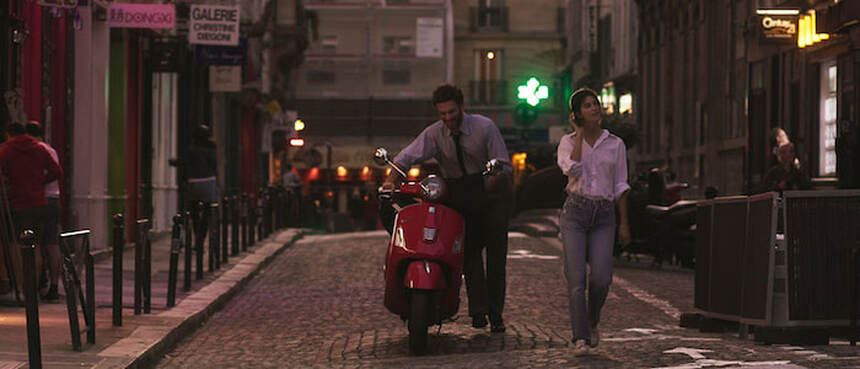
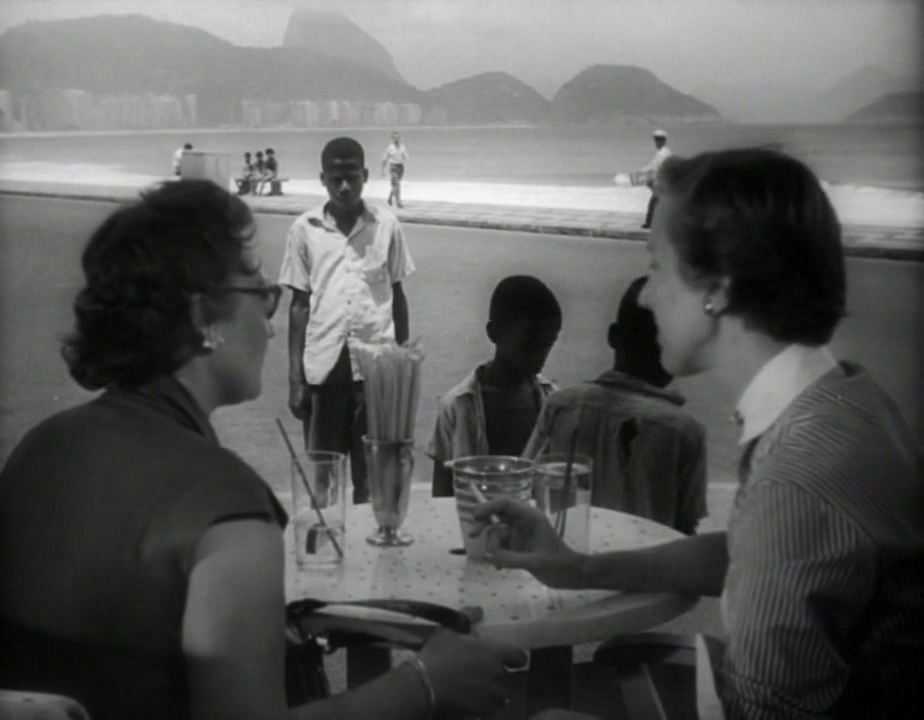

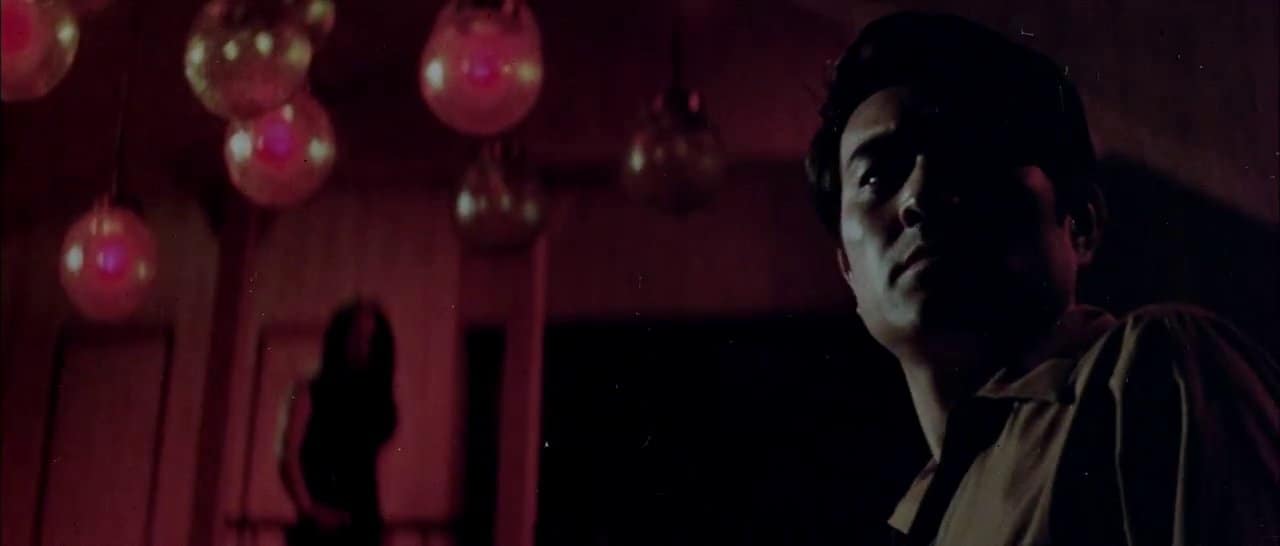
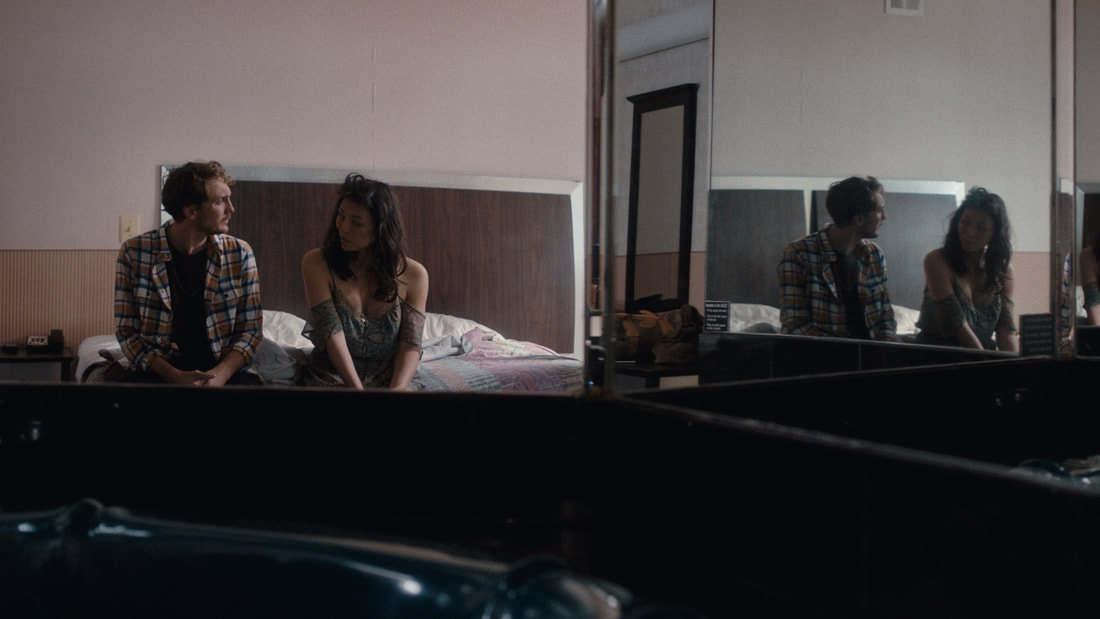
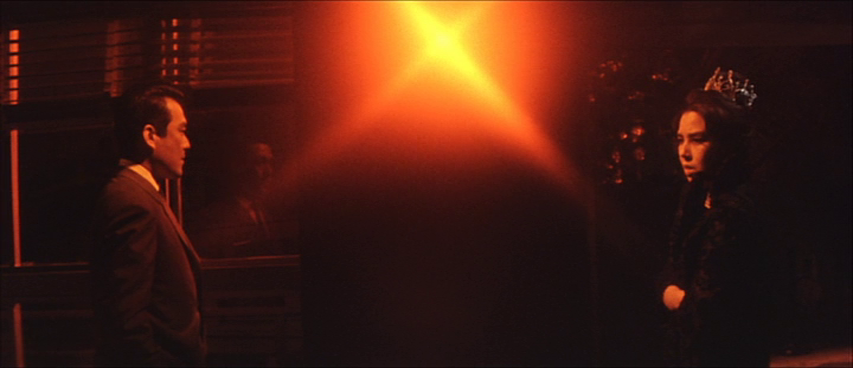
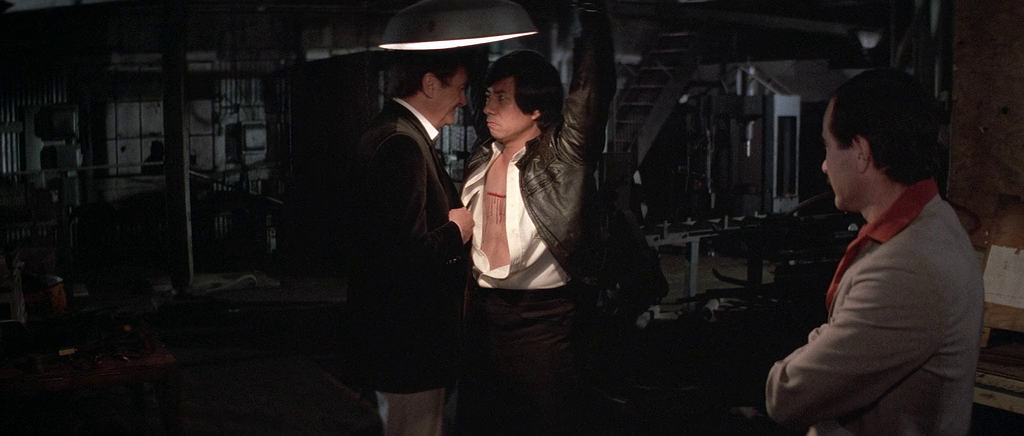


 RSS Feed
RSS Feed
